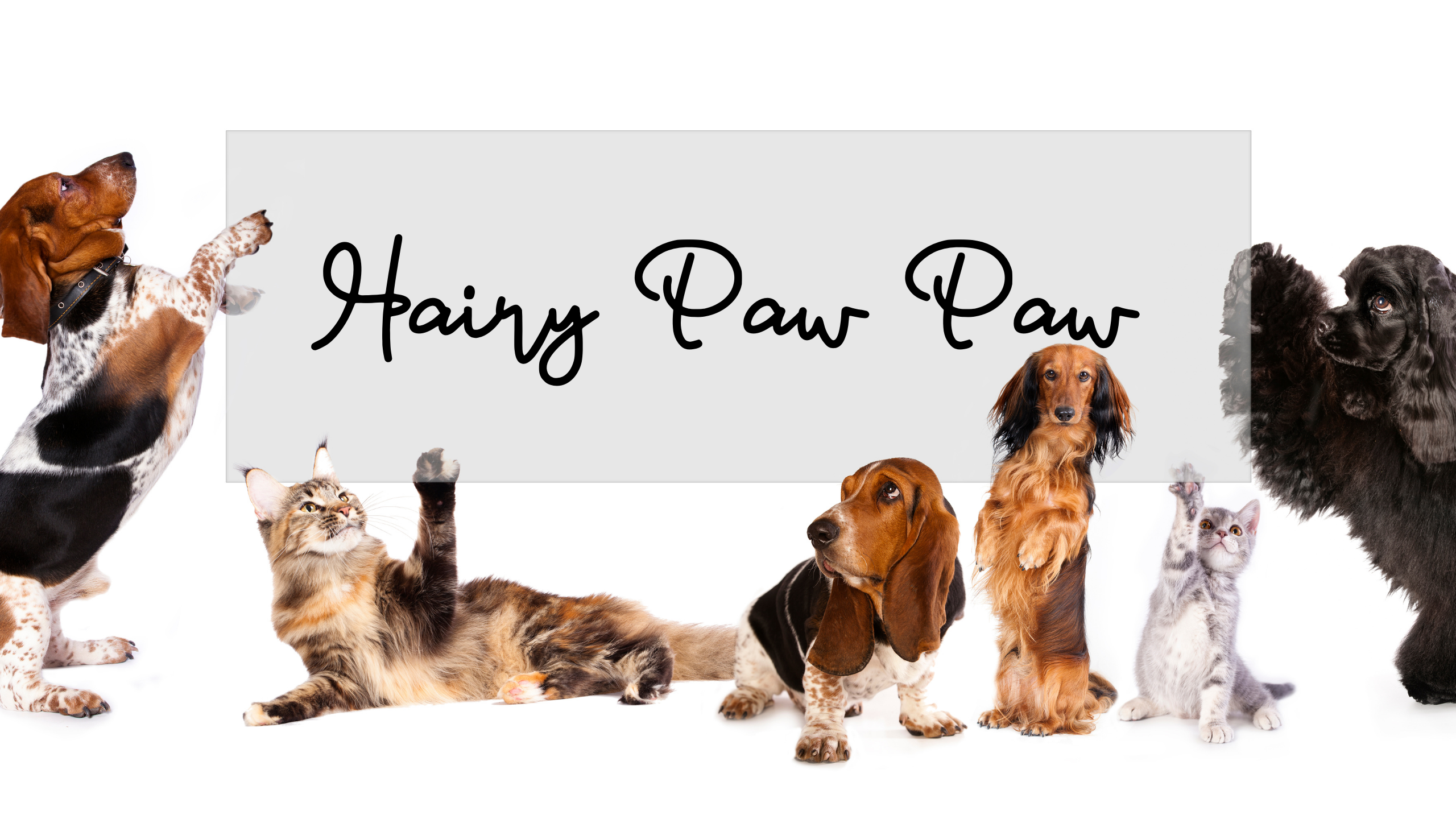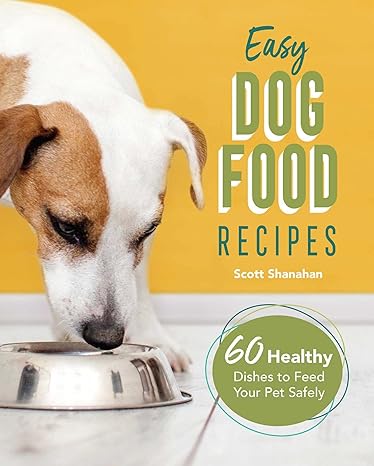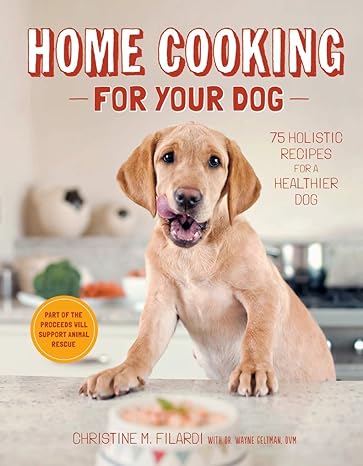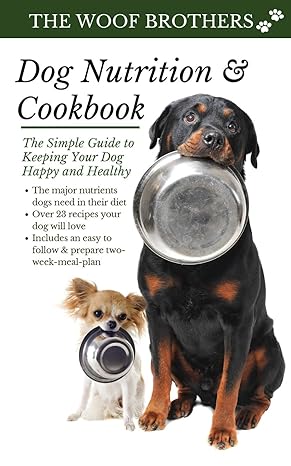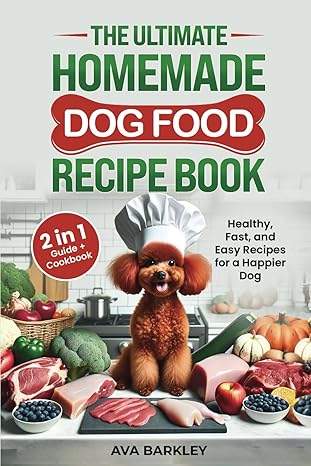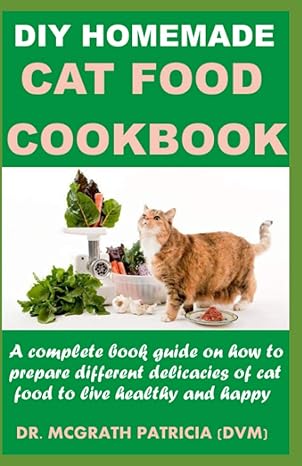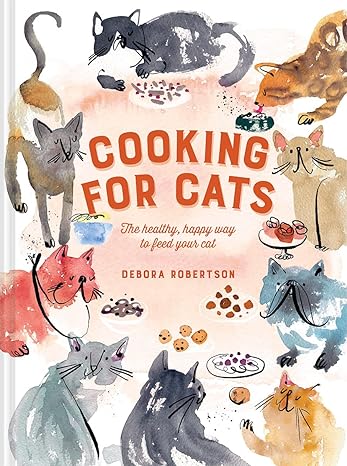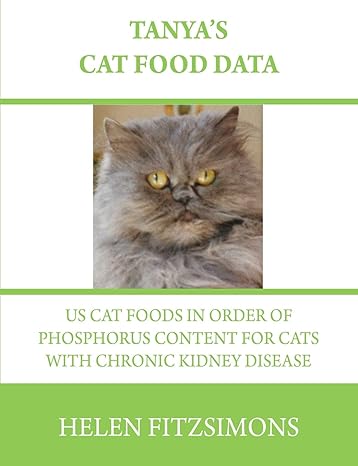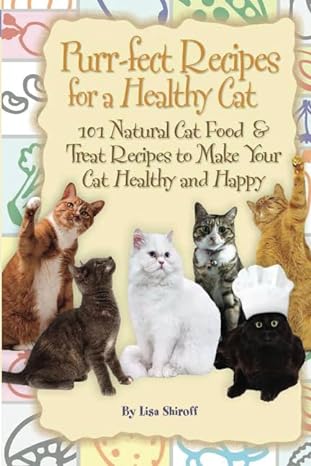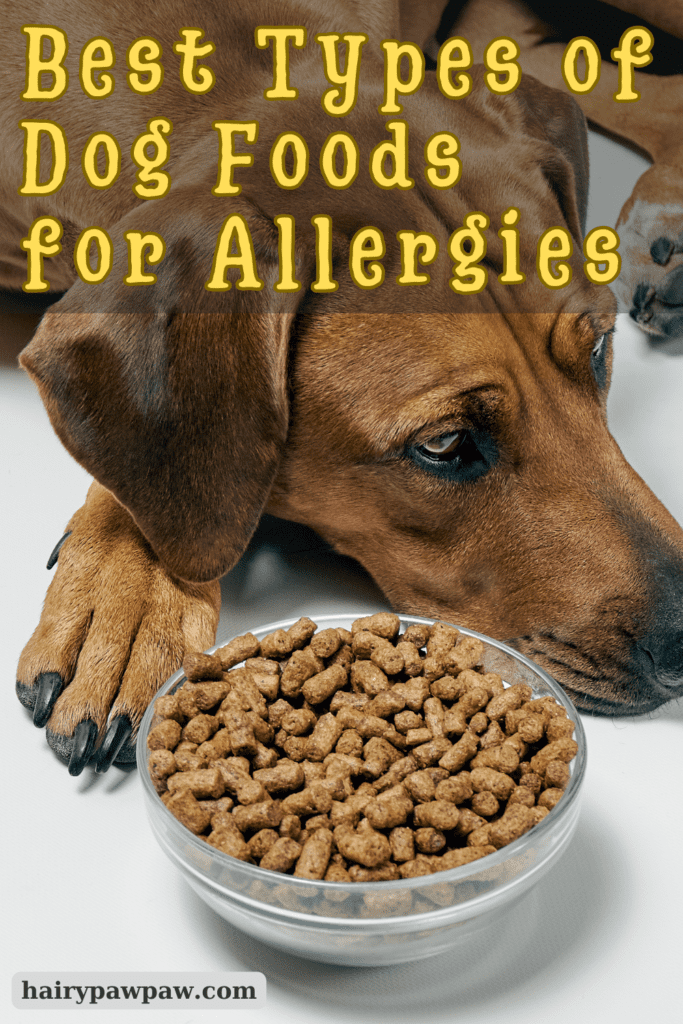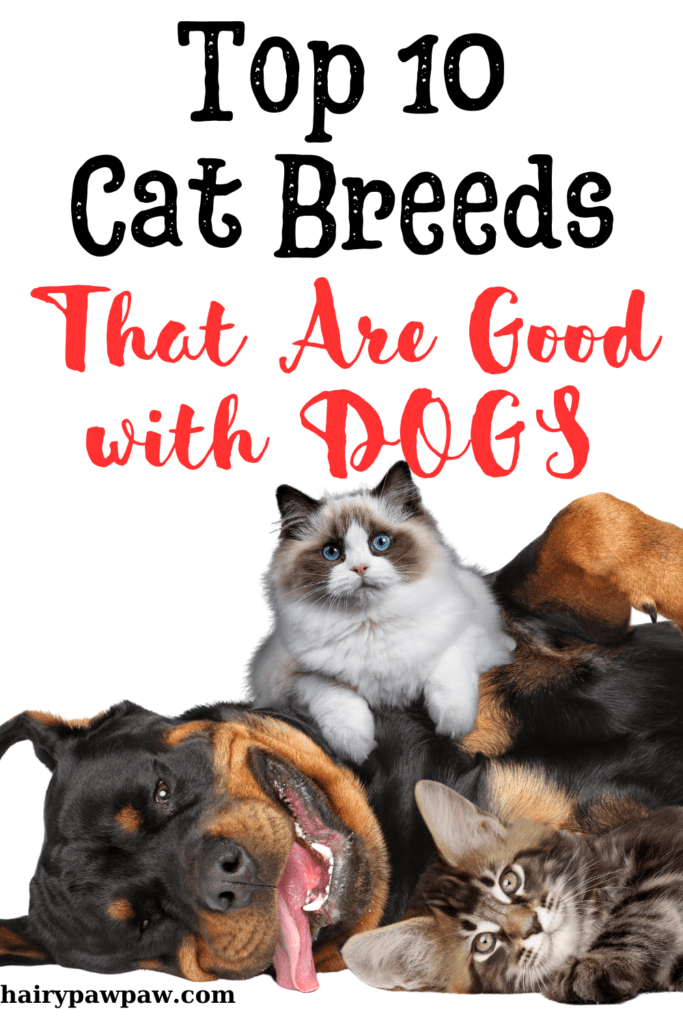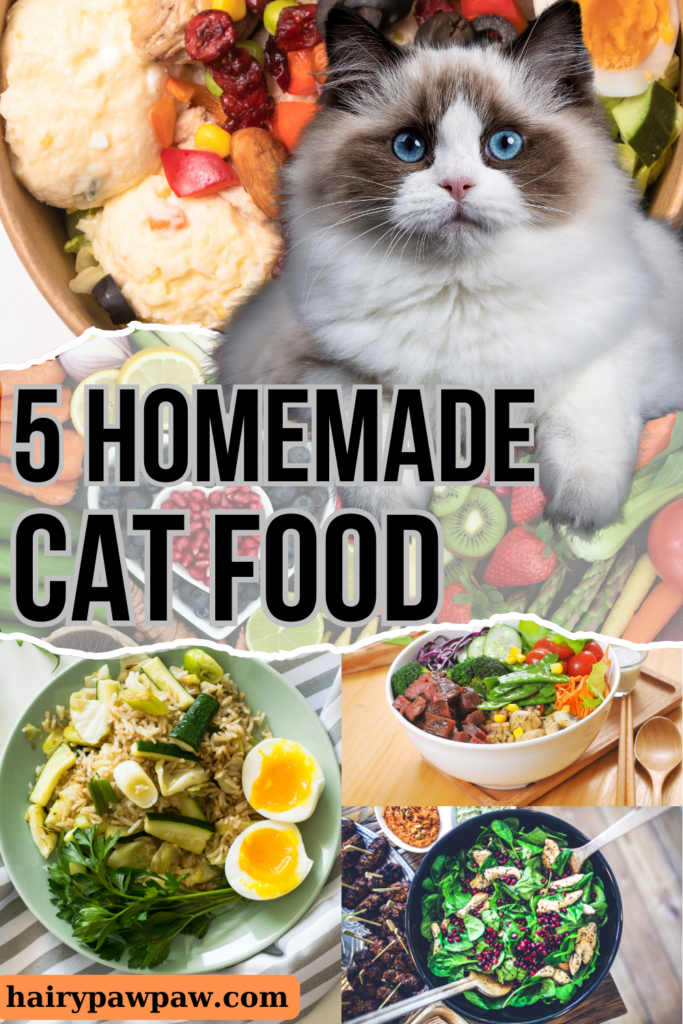Safe Human Foods for Dogs and Cats: What You Need to Know
This post may contain affiliate links, which means I’ll receive a commission if you purchase through my link, at NO EXTRA COST TO YOU
As pet owners, we often find ourselves wanting to share our favorite foods with our furry friends. Those pleading eyes and wagging tails make it hard to resist! However, not all human foods are safe for dogs and cats. Feeding your pets the wrong foods can lead to serious health issues, from mild digestive problems to severe, life-threatening conditions.
In this comprehensive guide, we’ll explore which human foods are safe for your beloved pets and which ones to avoid. By understanding the dos and don’ts of pet nutrition, you can keep your furry companions healthy, happy, and well-fed. Whether you’re a seasoned pet parent or a new pet owner, this article will provide valuable insights to ensure your pets’ dietary needs are met safely. Let’s dive in and learn how to make informed choices about what to feed (or not feed) your four-legged family members.

Why It’s Important to Know What Foods Are Safe for Dogs and Cats
As pet owners, we all want the best for our furry companions. They are not just pets; they are family members who rely on us for their health and well-being. One crucial aspect of their care involves knowing what foods are safe for them to consume. Feeding your pets the wrong foods can lead to a host of health problems, some of which can be severe or even fatal. Here’s why it’s vital to know what human foods are safe for dogs and cats:
1. Preventing Toxicity and Poisoning
Many human foods are toxic to dogs and cats. Foods like chocolate, grapes, raisins, onions, and garlic can cause serious health issues such as kidney failure, gastrointestinal upset, anemia, and neurological problems. By being aware of which foods are harmful, you can prevent accidental poisoning and ensure that your pet stays safe and healthy.
2. Ensuring Nutritional Balance
Pets have different nutritional needs than humans. While some human foods can provide nutritional benefits, others can disrupt their dietary balance. For example, too much fat from human food can lead to pancreatitis, while excessive salt can cause sodium ion poisoning. Understanding which foods are beneficial helps you supplement their diet appropriately without causing harm.
3. Avoiding Digestive Issues
Dogs and cats have sensitive digestive systems. Foods that are safe for humans can cause digestive problems in pets, including vomiting, diarrhea, and constipation. Feeding them safe, pet-appropriate foods helps maintain their digestive health and prevents discomfort and potential long-term gastrointestinal issues.
4. Preventing Obesity and Related Health Problems
Feeding pets inappropriate human foods can contribute to obesity, which is a significant health problem in pets. Obesity can lead to a range of health issues, including diabetes, arthritis, and heart disease. Knowing which human foods are low in calories and safe for pets can help maintain a healthy weight and prevent these serious conditions.
5. Promoting Longevity and Quality of Life
A proper diet is crucial for the longevity and quality of life of your pets. By feeding them safe and nutritious foods, you can help ensure they live long, healthy lives. Nutrient-rich foods can boost their immune system, maintain healthy skin and coat, support organ function, and promote overall well-being.
6. Emergency Preparedness
Accidents happen, and pets can sometimes get into foods they shouldn’t. Being knowledgeable about safe and unsafe foods allows you to act quickly in an emergency. If you know what your pet has eaten and whether it’s dangerous, you can provide the right information to your veterinarian and get the appropriate treatment faster.
7. Building a Stronger Bond
Feeding your pets safe human foods can be a way to bond with them. Sharing a piece of fruit or a small bite of cooked meat that you know is safe can be a special treat and a way to show your love. However, this should always be done in moderation and with full knowledge of what is safe to avoid any health risks.
8. Educating Others
As a responsible pet owner, sharing your knowledge about safe foods can help educate others in your community. By spreading awareness, you can contribute to the overall well-being of pets in your area, ensuring that more animals receive the proper care and nutrition they need.
General Guidelines for Feeding Human Foods to Pets
Feeding human foods to pets can be a delightful way to share a special bond with your furry friends. However, it’s essential to follow certain guidelines to ensure their health and safety. Here are some general rules to keep in mind when introducing human foods into your pet’s diet:
1. Consult with Your Veterinarian
Before introducing any new food to your pet’s diet, it’s crucial to consult with your veterinarian. Every pet is unique, with individual health needs and dietary restrictions. A veterinarian can provide personalized advice based on your pet’s age, breed, weight, and medical history.

2. Understand Portion Control
Human foods should only be given in moderation. Overfeeding can lead to obesity and related health issues. As a general rule, human foods should make up no more than 10% of your pet’s daily caloric intake. Use small pieces or portions to avoid disrupting their balanced diet.
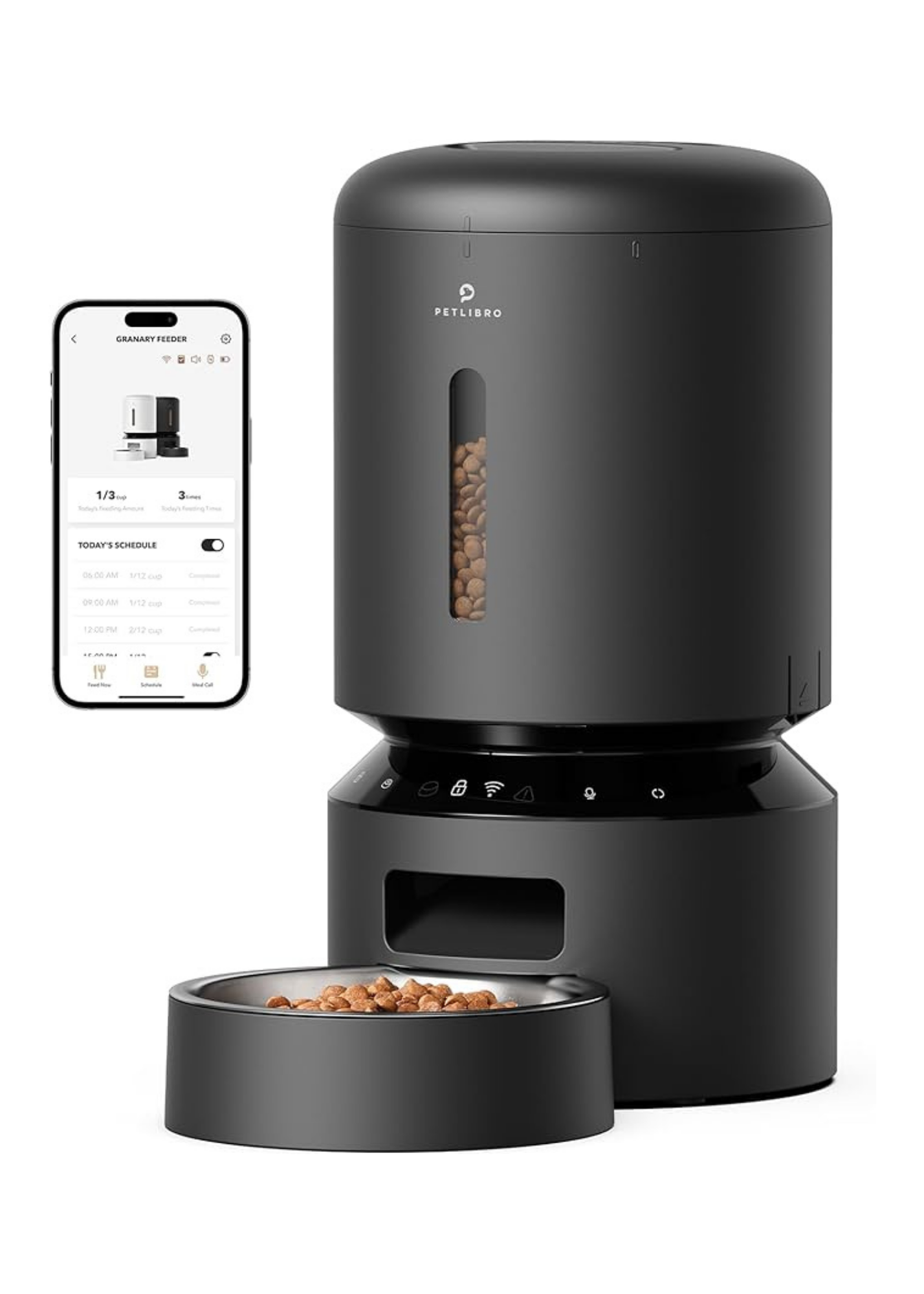
PETLIBRO Automatic Cat Feeder, 5G WiFi Automatic Dog Feeder https://amzn.to/45qIewn
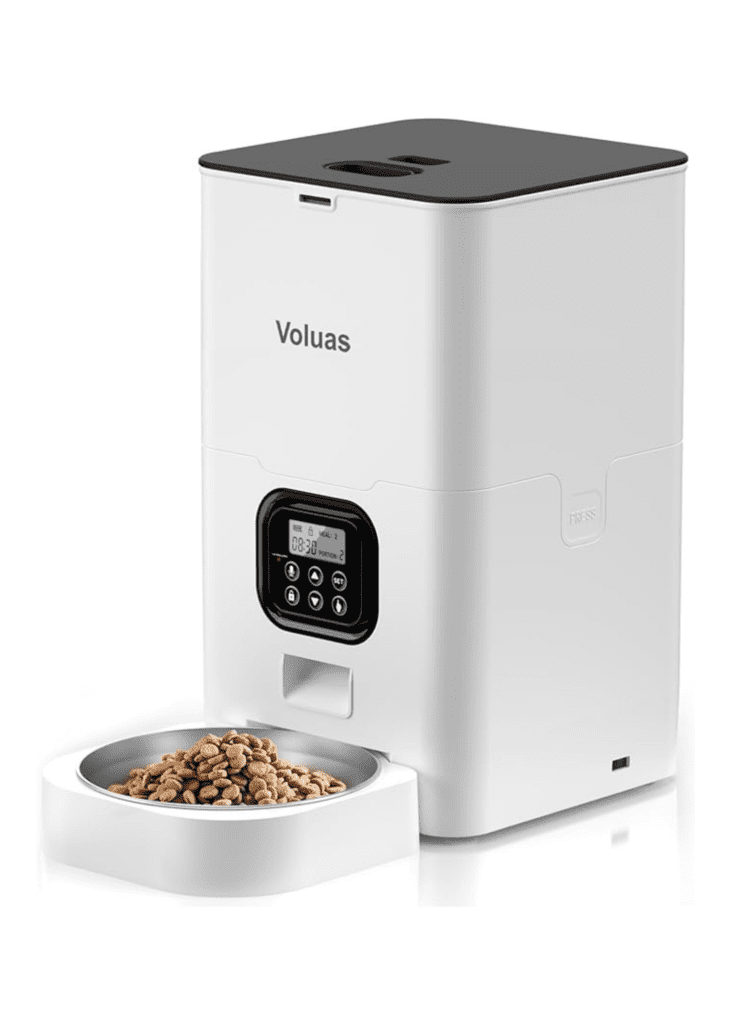
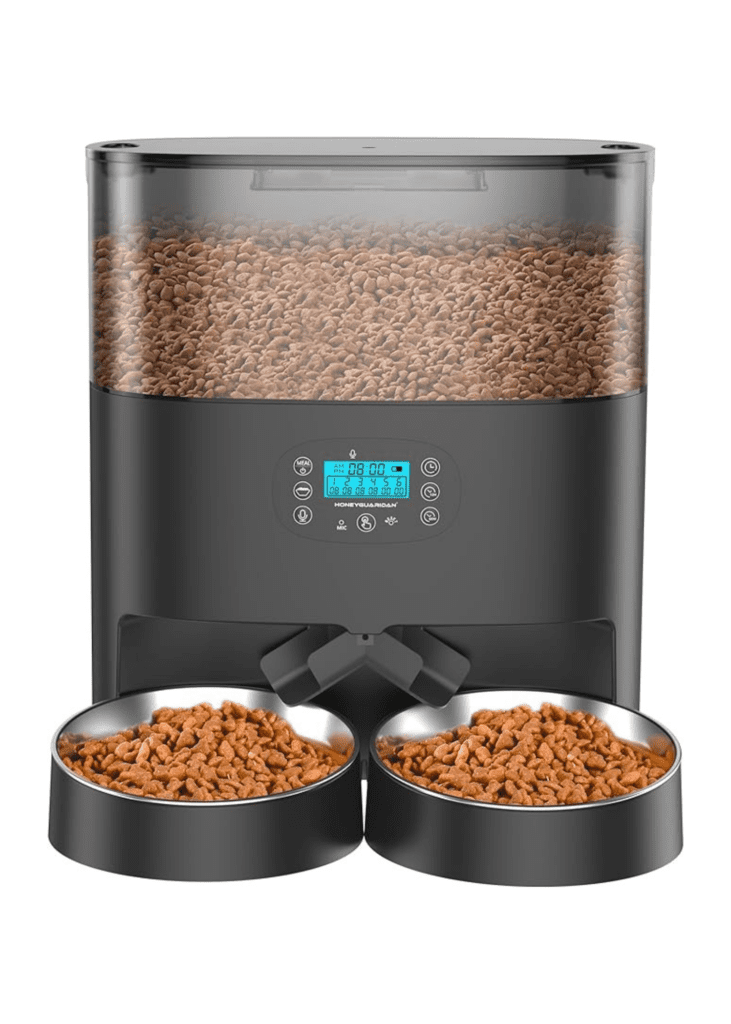
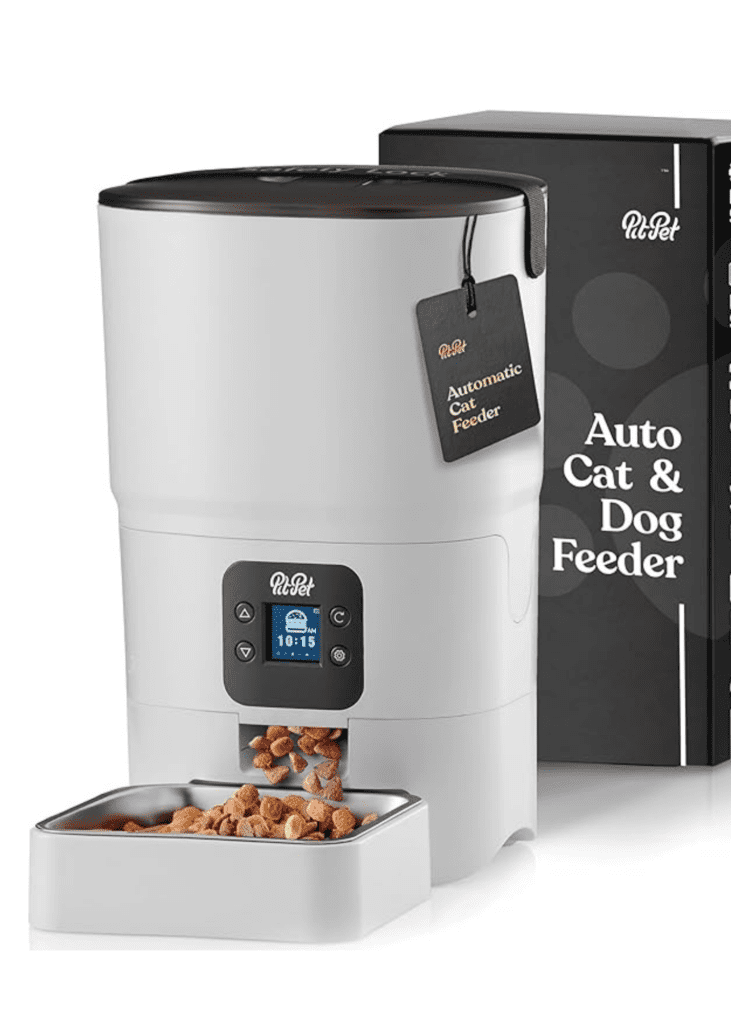
https://amzn.to/4ch7mYs
3. Know Which Foods Are Safe
Educate yourself on which human foods are safe for pets. Safe options include plain cooked meats (without seasoning or bones), certain fruits like apples and blueberries, and vegetables like carrots and green beans. Always remove seeds, pits, and any parts that could be harmful.
4. Avoid Toxic Foods
Certain human foods are toxic to pets and should be strictly avoided. These include chocolate, grapes, raisins, onions, garlic, and anything containing xylitol, an artificial sweetener. Be aware of the foods that can cause adverse reactions and ensure they are out of your pet’s reach.
5. Introduce New Foods Gradually
When offering a new human food to your pet, introduce it slowly and in small amounts. Monitor for any signs of digestive upset, allergies, or adverse reactions. If your pet shows any unusual symptoms, discontinue the food immediately and consult your veterinarian.
6. Maintain a Balanced Diet
Human foods should never replace a nutritionally balanced pet diet. Commercial pet foods are formulated to meet all the essential nutritional needs of pets. Human foods should be considered as occasional treats or supplements rather than regular meal replacements.
7. Avoid Seasonings and Additives
Human foods often contain seasonings, spices, and additives that are harmful to pets. Always serve foods plain, without salt, sugar, or other additives. For example, plain cooked chicken is safe, but chicken cooked with garlic, onions, or rich sauces is not.
8. Be Cautious with Bones and Fat
Cooked bones can splinter and cause serious injuries to pets, while excessive fat can lead to pancreatitis. Avoid giving pets bones from your meals and trim off excess fat from meats. Opt for safer alternatives like commercial pet chews designed for dental health.
9. Consider Food Allergies
Just like humans, pets can have food allergies or intolerances. Common allergens include dairy, wheat, and certain proteins. If your pet has known allergies, avoid feeding them foods containing those ingredients. Monitor for any signs of allergic reactions such as itching, swelling, or gastrointestinal distress.
10. Hydration is Key
Ensure your pet has access to plenty of fresh water, especially when introducing new foods. Some human foods can be high in sodium or have diuretic effects, which can lead to dehydration. Keeping your pet hydrated is essential for their overall health.
Safe Human Foods for Dogs
Feeding your dog the right human foods can be a healthy and enjoyable experience for both of you. While many human foods are safe and nutritious for dogs, it’s crucial to know which ones provide health benefits without causing harm. Here’s a comprehensive list of safe human foods for dogs, along with their benefits and serving suggestions:
1. Apples
- Benefits: Apples are rich in vitamins A and C, fiber, and antioxidants.
- Serving Suggestions: Remove the seeds and core. Serve in small slices or chunks.
2. Blueberries
- Benefits: Packed with antioxidants, fiber, and vitamins C and K, blueberries support the immune system and brain health.
- Serving Suggestions: Serve fresh or frozen as a small snack or mix into your dog’s regular food.
3. Carrots
- Benefits: High in fiber, beta-carotene, and vitamin A, carrots are excellent for dental health and vision.
- Serving Suggestions: Serve raw or steamed in small, bite-sized pieces.
4. Pumpkin
- Benefits: Pumpkin is rich in fiber and vitamins A and C, aiding digestion and urinary health.
- Serving Suggestions: Use plain, canned pumpkin (not pie filling) and mix a small amount into your dog’s food.
5. Sweet Potatoes
- Benefits: Full of fiber, beta-carotene, and vitamins B6 and C, sweet potatoes promote digestive health.
- Serving Suggestions: Serve cooked and mashed or in small, plain pieces.
6. Peanut Butter
- Benefits: A good source of protein, healthy fats, vitamins B and E, and niacin.
- Serving Suggestions: Opt for unsalted, unsweetened peanut butter without xylitol. Serve as a treat or stuff into a toy for a fun challenge.
7. Green Beans
- Benefits: Low in calories and high in fiber and vitamins C and K, green beans are great for weight management.
- Serving Suggestions: Serve plain, either raw or steamed.
8. Cooked Chicken
- Benefits: High in protein and low in fat, cooked chicken supports muscle development and energy.
- Serving Suggestions: Serve plain, cooked chicken breast without bones or seasoning. It can be mixed with your dog’s regular food.
9. Plain Yogurt
- Benefits: Rich in calcium and probiotics, plain yogurt aids digestive health.
- Serving Suggestions: Choose plain, unsweetened yogurt. Serve a small amount as a treat or mixed with your dog’s food.
10. Oatmeal
- Benefits: High in fiber and a good source of vitamins and minerals, oatmeal is beneficial for dogs with wheat allergies or digestive issues.
- Serving Suggestions: Cook plain oatmeal without added sugar or flavorings. Let it cool before serving.
11. Bananas
- Benefits: Bananas are a great source of potassium, vitamins, biotin, fiber, and copper.
- Serving Suggestions: Serve in small, bite-sized pieces or mashed as a treat.
12. Salmon
- Benefits: Rich in omega-3 fatty acids, salmon promotes a healthy coat and skin.
- Serving Suggestions: Serve cooked, boneless salmon. Avoid raw salmon due to the risk of parasites.
13. Eggs
- Benefits: Eggs are an excellent source of protein, vitamins, and minerals.
- Serving Suggestions: Serve cooked eggs without seasoning. Scrambled or boiled eggs are good options.
14. Cucumber
- Benefits: Low in calories and high in water content, cucumbers are hydrating and refreshing.
- Serving Suggestions: Serve in small, thin slices or chunks.
Feeding your dog safe human foods can enhance their diet and provide additional nutrients. Always introduce new foods gradually and in moderation, observing for any adverse reactions. Remember to avoid foods that are toxic to dogs, such as chocolate, grapes, onions, and anything containing xylitol. By choosing the right human foods, you can offer your dog a varied, healthy, and enjoyable diet. Always consult with your veterinarian if you have any concerns or questions about your dog’s diet.
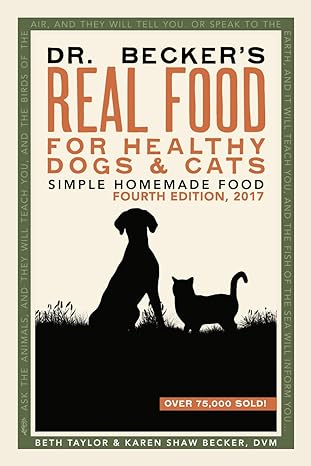
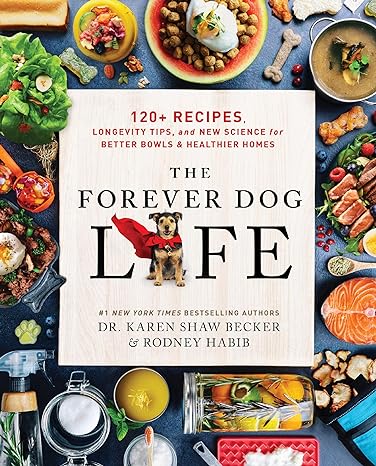
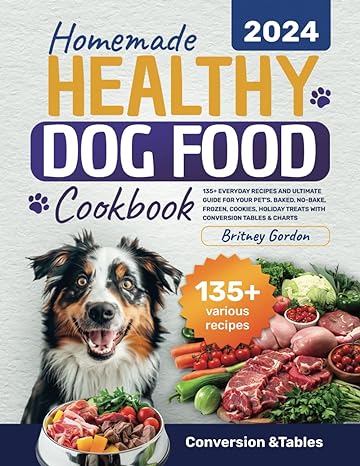
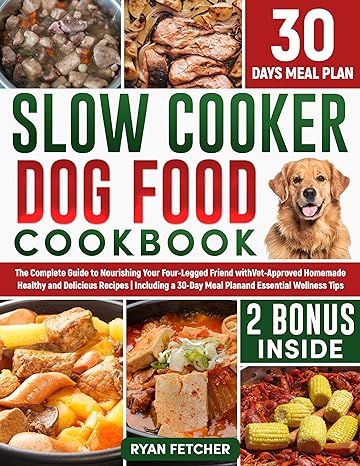
Safe Human Foods for Cats
Feeding your cat safe human foods can be a great way to provide them with additional nutrients and variety in their diet. However, it’s crucial to know which human foods are safe and beneficial for cats. Here’s a detailed guide on safe human foods for cats, their benefits, and how to serve them:
1. Cooked Chicken
- Benefits: High in protein and low in fat, cooked chicken supports muscle development and provides essential amino acids.
- Serving Suggestions: Serve plain, cooked chicken breast without bones or seasoning. Shred into small pieces to make it easy for your cat to eat.
2. Salmon
- Benefits: Rich in omega-3 fatty acids, salmon promotes a healthy coat and skin.
- Serving Suggestions: Serve cooked, boneless salmon. Avoid raw salmon due to the risk of parasites.
3. Cooked Eggs
- Benefits: Eggs are an excellent source of protein, vitamins, and minerals.
- Serving Suggestions: Serve cooked eggs without seasoning. Scrambled or boiled eggs are good options.
4. Pumpkin
- Benefits: Pumpkin is rich in fiber and vitamins A and C, aiding digestion and urinary health.
- Serving Suggestions: Use plain, canned pumpkin (not pie filling) and mix a small amount into your cat’s food.
5. Blueberries
- Benefits: Packed with antioxidants, fiber, and vitamins C and K, blueberries support the immune system and brain health.
- Serving Suggestions: Serve fresh or frozen as a small snack. Crush them slightly to make them easier for your cat to eat.
6. Carrots
- Benefits: High in fiber, beta-carotene, and vitamin A, carrots are excellent for vision and immune support.
- Serving Suggestions: Serve cooked and mashed or finely chopped. Raw carrots can be difficult for cats to digest.
7. Green Beans
- Benefits: Low in calories and high in fiber and vitamins C and K, green beans are great for weight management.
- Serving Suggestions: Serve plain, either raw or steamed. Cut into small, bite-sized pieces.
8. Apples
- Benefits: Apples are rich in vitamins A and C, fiber, and antioxidants.
- Serving Suggestions: Remove the seeds and core. Serve in small slices or chunks.
9. Plain Yogurt
- Benefits: Rich in calcium and probiotics, plain yogurt aids digestive health.
- Serving Suggestions: Choose plain, unsweetened yogurt. Serve a small amount as a treat or mixed with your cat’s food.
10. Bananas
- Benefits: Bananas are a great source of potassium, vitamins, biotin, fiber, and copper.
- Serving Suggestions: Serve in small, bite-sized pieces or mashed as a treat.
11. Oatmeal
- Benefits: High in fiber and a good source of vitamins and minerals, oatmeal is beneficial for cats with digestive issues.
- Serving Suggestions: Cook plain oatmeal without added sugar or flavorings. Let it cool before serving.
12. Spinach
- Benefits: Spinach is packed with vitamins and minerals, including vitamins A, C, and K, and iron.
- Serving Suggestions: Serve cooked and chopped spinach in small amounts. Avoid if your cat has a history of urinary or kidney problems.
13. Peas
- Benefits: Peas are high in fiber, vitamins A, K, and B, and offer a good source of protein.
- Serving Suggestions: Serve plain, cooked peas in small amounts. Avoid canned peas with added salt.
14. Cooked Turkey
- Benefits: Turkey is a lean protein that provides essential amino acids and supports muscle health.
- Serving Suggestions: Serve plain, cooked turkey without bones or seasoning. Shred into small pieces for easy consumption.
Feeding your cat safe human foods can enhance their diet and provide additional nutrients. Always introduce new foods gradually and in moderation, observing for any adverse reactions. Remember to avoid foods that are toxic to cats, such as chocolate, onions, garlic, and anything containing xylitol. By choosing the right human foods, you can offer your cat a varied, healthy, and enjoyable diet. Always consult with your veterinarian if you have any concerns or questions about your cat’s diet.
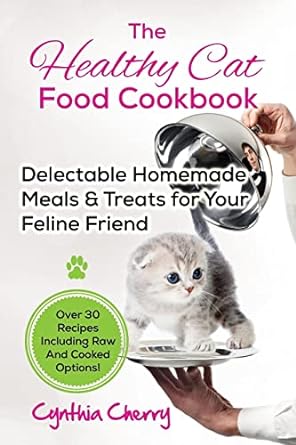
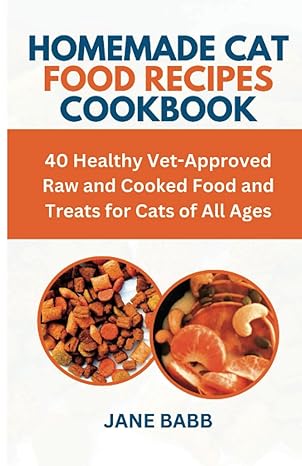
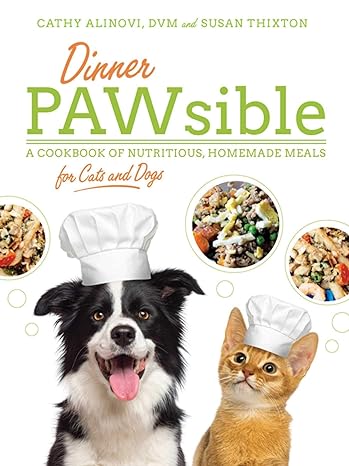
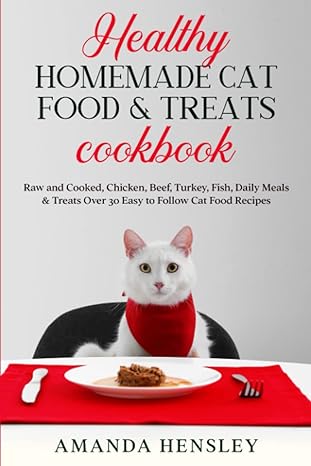
Human Foods to Avoid for Dogs and Cats
As much as we love sharing our meals with our furry companions, it’s important to know that not all human foods are safe for dogs and cats. Some foods that are perfectly healthy for humans can be toxic or harmful to our pets. Here’s a comprehensive guide on human foods to avoid for dogs and cats, along with the potential risks they pose:
1. Chocolate
- Toxic to: Dogs and Cats
- Risks: Contains theobromine and caffeine, which can cause vomiting, diarrhea, rapid breathing, increased heart rate, seizures, and even death.
- Severity: Even small amounts can be dangerous, especially for smaller pets.
2. Grapes and Raisins
- Toxic to: Dogs and Cats
- Risks: Can cause acute kidney failure, leading to symptoms like vomiting, diarrhea, lethargy, and decreased urination.
- Severity: Highly toxic and should be avoided entirely.
3. Onions and Garlic
- Toxic to: Dogs and Cats
- Risks: Contains compounds that can damage red blood cells, leading to anemia. Symptoms include weakness, vomiting, and breathlessness.
- Severity: Both raw and cooked forms are dangerous, with garlic being more toxic than onions.
4. Xylitol
- Toxic to: Dogs (potentially harmful to Cats)
- Risks: This artificial sweetener causes a rapid release of insulin, leading to hypoglycemia (low blood sugar). Symptoms include vomiting, loss of coordination, seizures, and liver failure.
- Severity: Extremely toxic even in small amounts.
5. Alcohol
- Toxic to: Dogs and Cats
- Risks: Causes ethanol poisoning, leading to symptoms like vomiting, diarrhea, coordination problems, difficulty breathing, tremors, and central nervous system depression.
- Severity: Even a small amount can be fatal.
6. Caffeine
- Toxic to: Dogs and Cats
- Risks: Found in coffee, tea, energy drinks, and certain medications, caffeine can cause restlessness, rapid breathing, heart palpitations, muscle tremors, and seizures.
- Severity: Highly toxic, with no antidote available.
7. Macadamia Nuts
- Toxic to: Dogs (effects on Cats are less known)
- Risks: Can cause weakness, depression, vomiting, tremors, and hyperthermia.
- Severity: Toxic even in small amounts, with symptoms appearing within 12 hours of ingestion.
8. Avocado
- Toxic to: Dogs and Cats (particularly toxic to birds and some other animals)
- Risks: Contains persin, which can cause vomiting and diarrhea in dogs. In cats, it may cause gastrointestinal upset.
- Severity: While the fruit’s flesh is less toxic, the pit, skin, and leaves contain higher levels of persin.
9. Dairy Products
- Toxic to: Dogs and Cats (lactose intolerant pets)
- Risks: Many pets are lactose intolerant, leading to digestive issues like diarrhea and stomach upset.
- Severity: Not highly toxic, but should be limited to avoid discomfort.
10. Raw Meat and Fish
- Toxic to: Dogs and Cats
- Risks: Can contain harmful bacteria like Salmonella and E. coli, leading to food poisoning. Raw fish can also contain parasites and an enzyme that destroys thiamine (vitamin B1).
- Severity: Cooking meat and fish thoroughly can mitigate these risks.
11. Bones
- Toxic to: Dogs and Cats
- Risks: Cooked bones can splinter and cause choking, internal blockages, or injuries to the digestive tract.
- Severity: Raw bones are safer but still pose some risks. Always supervise your pet when giving bones.
12. Yeast Dough
- Toxic to: Dogs and Cats
- Risks: Can rise in the stomach, causing painful gas and potentially life-threatening bloat. Fermentation can also produce alcohol, leading to alcohol poisoning.
- Severity: Dangerous and should be avoided.
13. Salt
- Toxic to: Dogs and Cats
- Risks: Excessive salt intake can cause excessive thirst, urination, and sodium ion poisoning. Symptoms include vomiting, diarrhea, tremors, and seizures.
- Severity: Keep salt intake minimal and avoid salty snacks.
14. Raw Eggs
- Toxic to: Dogs and Cats
- Risks: Risk of Salmonella and E. coli infection. Contains avidin, an enzyme that decreases the absorption of biotin (vitamin B7), leading to skin and coat problems.
- Severity: Raw eggs should be avoided; cooked eggs are safer.
Feeding your pets safe and nutritious foods is vital for their health and well-being. Understanding which human foods are toxic to dogs and cats can help prevent accidental poisonings and ensure your furry friends remain healthy. Always consult with your veterinarian if you suspect your pet has ingested something harmful or if you have any questions about their diet. By being vigilant and informed, you can provide a safe and nurturing environment for your pets, allowing them to thrive and enjoy a long, happy life.
Homemade Pet Treat Recipes
Creating homemade pet treats is a fantastic way to provide your furry friends with nutritious, tasty snacks while ensuring they are free from harmful additives and preservatives. Homemade treats can be tailored to meet the specific dietary needs and preferences of your pets. Here are some easy and healthy homemade pet treat recipes for both dogs and cats:
1. Peanut Butter and Banana Dog Biscuits
Ingredients:
- 1 ripe banana, mashed
- 1/4 cup peanut butter (unsalted, unsweetened, and xylitol-free)
- 1 egg
- 1 cup whole wheat flour
Instructions:
- Preheat your oven to 300°F (150°C).
- In a mixing bowl, combine the mashed banana, peanut butter, and egg until well mixed.
- Gradually add the whole wheat flour and stir until a dough forms.
- Roll out the dough on a floured surface to about 1/4-inch thickness.
- Use a cookie cutter to cut out shapes and place them on a baking sheet lined with parchment paper.
- Bake for 25-30 minutes or until golden brown.
- Let the biscuits cool completely before serving.
2. Chicken and Sweet Potato Cat Treats
Ingredients:
- 1/2 cup cooked, shredded chicken
- 1/4 cup mashed sweet potato
- 1 egg
- 1 tablespoon whole wheat flour (or oat flour)
Instructions:
- Preheat your oven to 350°F (175°C).
- In a bowl, combine the shredded chicken and mashed sweet potato.
- Add the egg and flour, and mix until a dough forms.
- Roll small balls of the dough and flatten them slightly with your fingers.
- Place the treats on a baking sheet lined with parchment paper.
- Bake for 15-20 minutes or until the treats are firm.
- Allow the treats to cool completely before offering them to your cat.
3. Apple and Carrot Dog Treats
Ingredients:
- 1 cup grated carrots
- 1/2 cup unsweetened applesauce
- 1 egg
- 1 1/2 cups whole wheat flour
Instructions:
- Preheat your oven to 350°F (175°C).
- In a mixing bowl, combine the grated carrots, applesauce, and egg.
- Gradually add the whole wheat flour and mix until a dough forms.
- Roll out the dough on a floured surface to about 1/4-inch thickness.
- Use a cookie cutter to cut out shapes and place them on a baking sheet lined with parchment paper.
- Bake for 20-25 minutes or until golden brown.
- Let the treats cool completely before serving.
4. Tuna Cat Treats
Ingredients:
- 1 can tuna in water, drained
- 1 egg
- 1 cup oat flour (or whole wheat flour)
Instructions:
- Preheat your oven to 350°F (175°C).
- In a food processor, combine the tuna and egg until well mixed.
- Gradually add the oat flour and process until a dough forms.
- Roll small balls of the dough and flatten them slightly with your fingers.
- Place the treats on a baking sheet lined with parchment paper.
- Bake for 10-12 minutes or until the treats are firm.
- Allow the treats to cool completely before offering them to your cat.
5. Pumpkin and Oat Dog Treats
Ingredients:
- 1/2 cup canned pumpkin (plain, not pie filling)
- 2 1/2 cups old-fashioned oats
- 1/4 cup peanut butter (unsalted, unsweetened, and xylitol-free)
Instructions:
- Preheat your oven to 300°F (150°C).
- In a food processor, blend the oats until they reach a flour-like consistency.
- In a mixing bowl, combine the pumpkin and peanut butter.
- Gradually add the ground oats and mix until a dough forms.
- Roll out the dough on a floured surface to about 1/4-inch thickness.
- Use a cookie cutter to cut out shapes and place them on a baking sheet lined with parchment paper.
- Bake for 25-30 minutes or until golden brown.
- Let the treats cool completely before serving.
Homemade pet treats are a wonderful way to show your pets some extra love while ensuring they receive healthy and nutritious snacks. Always use pet-safe ingredients and avoid harmful additives. Introducing new treats gradually and in moderation is key, and always monitor your pets for any adverse reactions. Consult with your veterinarian if you have any concerns or questions about your pet’s diet. Enjoy making these treats and watching your furry friends delight in their homemade goodies!
Conclusion
Feeding your pets safe and nutritious foods is an essential part of responsible pet ownership. By understanding which human foods are safe and beneficial, you can enhance your pets’ diet, ensuring they receive the necessary nutrients for a healthy and happy life. This blog has provided comprehensive insights into safe human foods for dogs and cats, highlighting beneficial options like apples, blueberries, carrots, cooked chicken, and pumpkin, while also emphasizing the importance of avoiding toxic foods such as chocolate, grapes, onions, and xylitol.
Additionally, homemade pet treat recipes offer a great way to control what your pets consume, ensuring they enjoy delicious, healthy snacks free from harmful additives and preservatives. Whether you’re making peanut butter and banana dog biscuits or tuna cat treats, these recipes can be customized to meet your pets’ dietary needs and preferences.
Remember, moderation is key when introducing new foods into your pets’ diet. Always consult with your veterinarian to tailor your pets’ nutrition to their specific health requirements. By being well-informed and cautious, you can provide your furry companions with a varied and balanced diet, fostering their well-being and longevity.
Stay updated with the latest in pet nutrition and safety by subscribing to our blog. Share this article with fellow pet owners to spread awareness about safe feeding practices and the joys of homemade pet treats. Together, we can ensure that our beloved pets live their happiest and healthiest lives.

